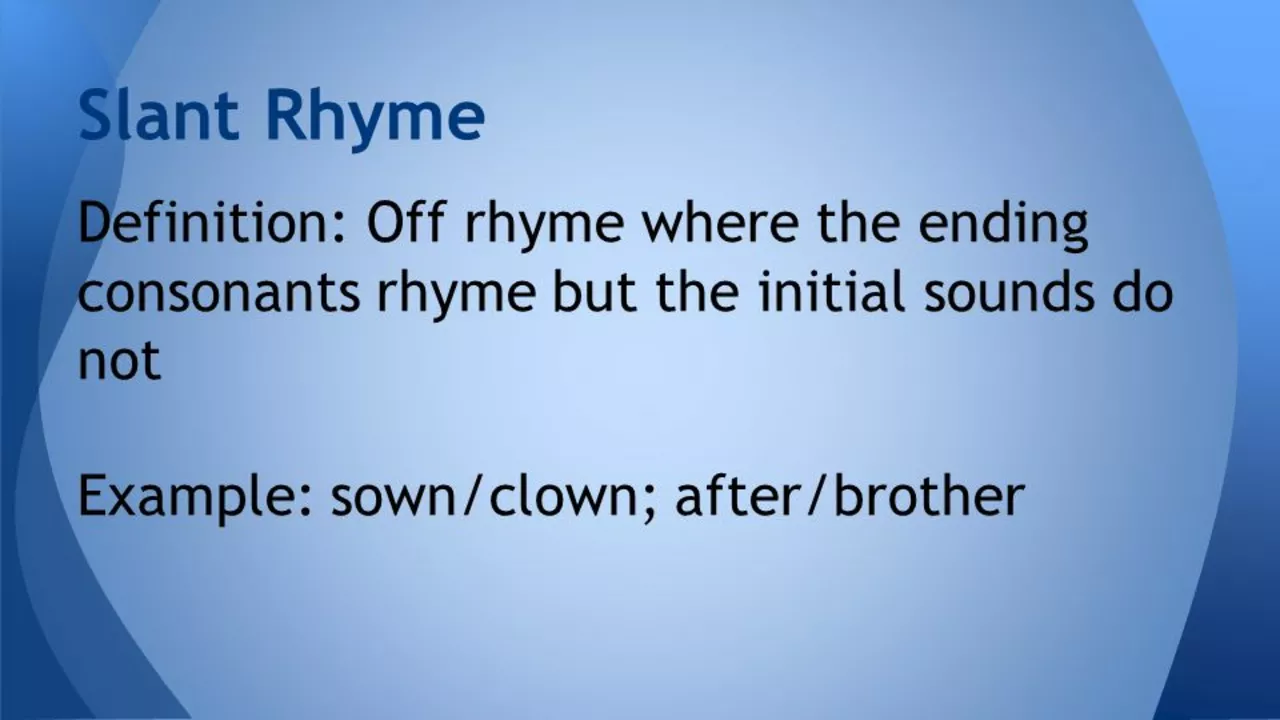Understanding the Essence of Poetry
In my journey as a poet, I often ask myself, what makes a poem truly a poem? Is it the rhythm and the rhyme, or is it something deeper? Poetry has always been an art form that defies the boundaries of style and structure. It is an expression of the human soul, a way for us to communicate our deepest thoughts and emotions. But when we strip a poem of its meter and rhyme, does it lose its essence? Is it still a poem? This question has sparked many debates among poets and lovers of poetry, and today, I want to explore this topic further.
Defining Poetry: Beyond Rhyme and Meter
When we think of poetry, we often imagine verses that flow with a specific rhythm and end with a rhyme. This traditional form of poetry is what we learned in school, and it is what many people consider to be "true" poetry. But poetry is not just about following a set pattern. It is about connecting with the reader on a deeper level. It is about using words to paint a picture, to evoke emotions, and to tell a story. And this can be accomplished without the use of rhyme or meter.
The Evolution of Poetry: From Structured to Free Verse
As time passed, poetry has evolved. It has broken free from the confines of structure and form. Free verse, a style of poetry that does not use consistent meter patterns, rhyme, or any other musical pattern, has become increasingly popular. This style allows poets more freedom to express their thoughts and feelings. They are not bound by the constraints of rhyme and meter, and can focus more on the message they want to convey. This style has been used by many renowned poets, and has given rise to some truly powerful and moving pieces of poetry.
The Power of Free Verse: An In-depth Analysis
Free verse poetry can be just as powerful, if not more so, than traditional poetry. It allows the poet to use language in a more flexible and creative way. They can play with words, create vivid imagery, and express complex emotions without being hindered by the need to adhere to a specific rhythm or rhyme scheme. This freedom can result in poetry that is raw, authentic, and deeply moving.
Does Lack of Rhyme and Meter Diminish the Value of Poetry?
In my opinion, the lack of rhyme and meter does not diminish the value of poetry. In fact, it can enhance it. It allows the poet to focus on the essence of the poem, rather than getting caught up in trying to make everything fit into a specific pattern. This can result in poetry that is more honest and impactful. It is the emotion and the message of the poem that truly matters, not the form it takes.
Revisiting Famous Poets: Embracing the Unconventional
Many famous poets have embraced the unconventionality of free verse. Walt Whitman, one of the pioneers of free verse, believed that poetry should be a reflection of the individual's experience, and should not be confined by rules and structures. Other poets, such as E.E. Cummings and T.S. Eliot, have also used free verse to create some of their most memorable works. These poets show us that poetry can be more than just rhymes and meters. It can be a powerful medium for expressing the human experience in all its complexity and beauty.
Conclusion: The Fluidity of Poetry
In conclusion, poetry is not defined by rhyme or meter. It is defined by the emotions it evokes, the imagery it creates, and the stories it tells. Whether it follows a specific structure or not, a poem is still a poem. It is a piece of art that captures the human spirit, that touches our hearts, and that makes us see the world in a new light. So, let us celebrate the diversity and fluidity of poetry, and let us continue to explore and appreciate all its countless forms and styles.
